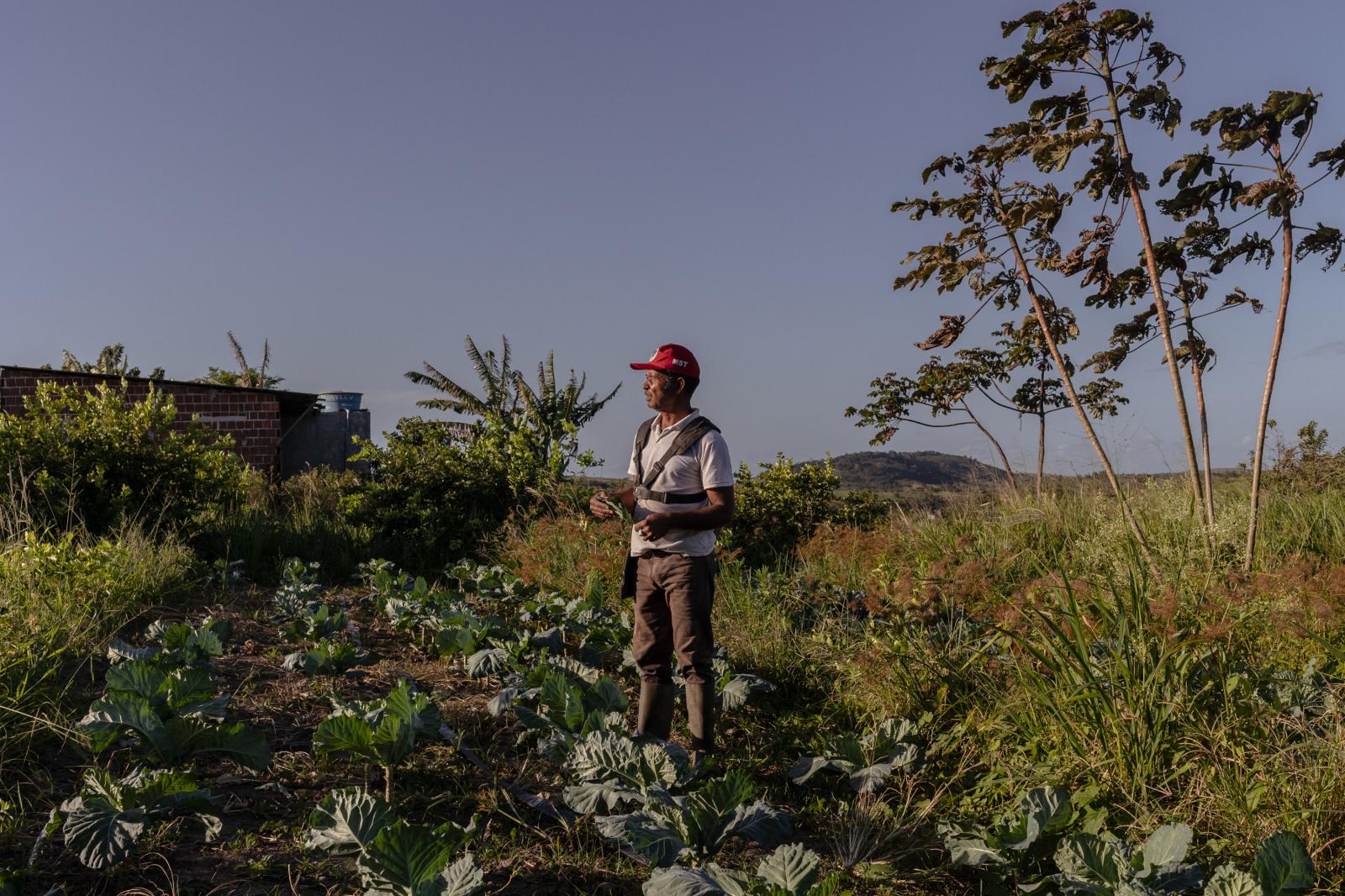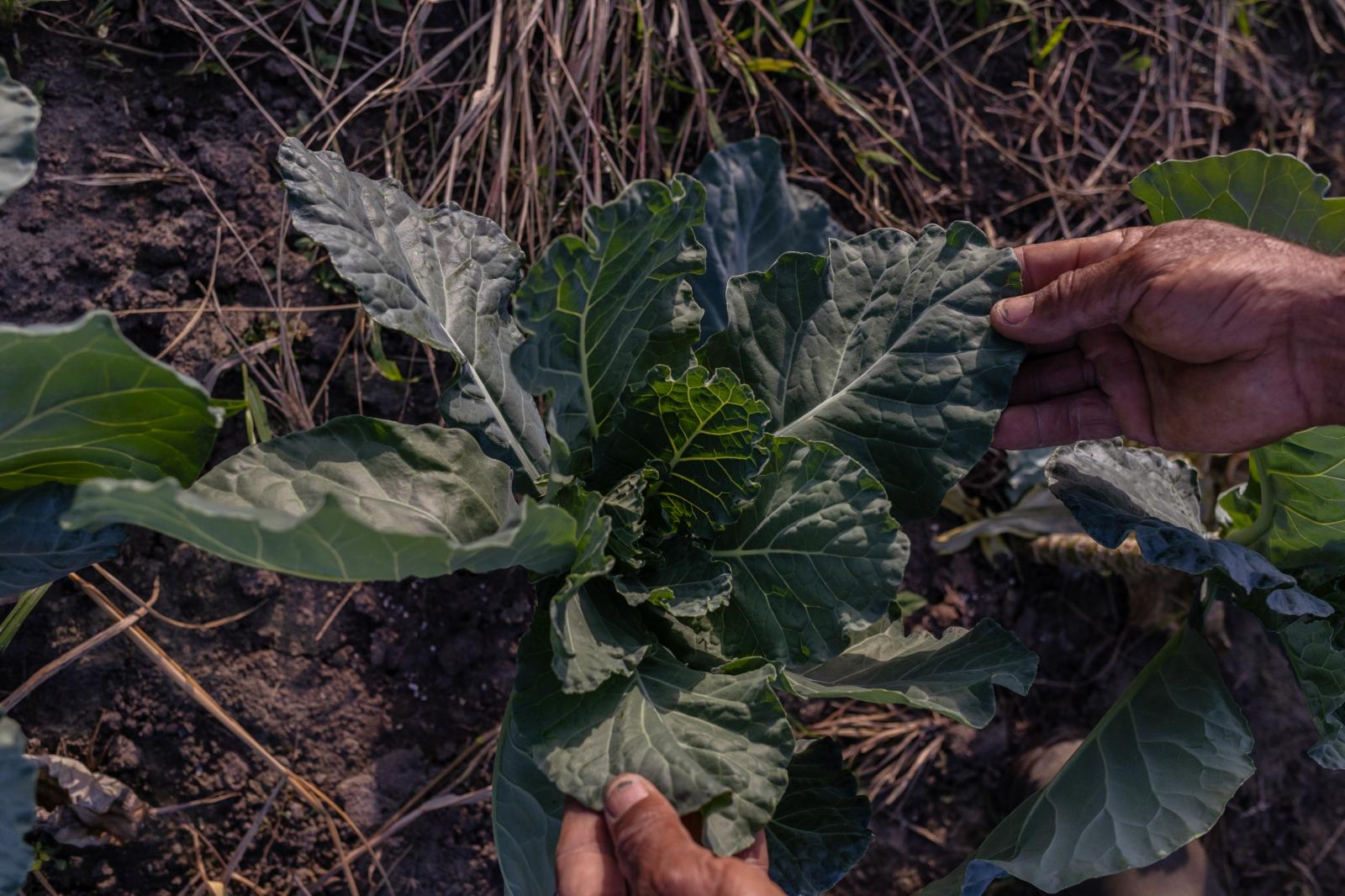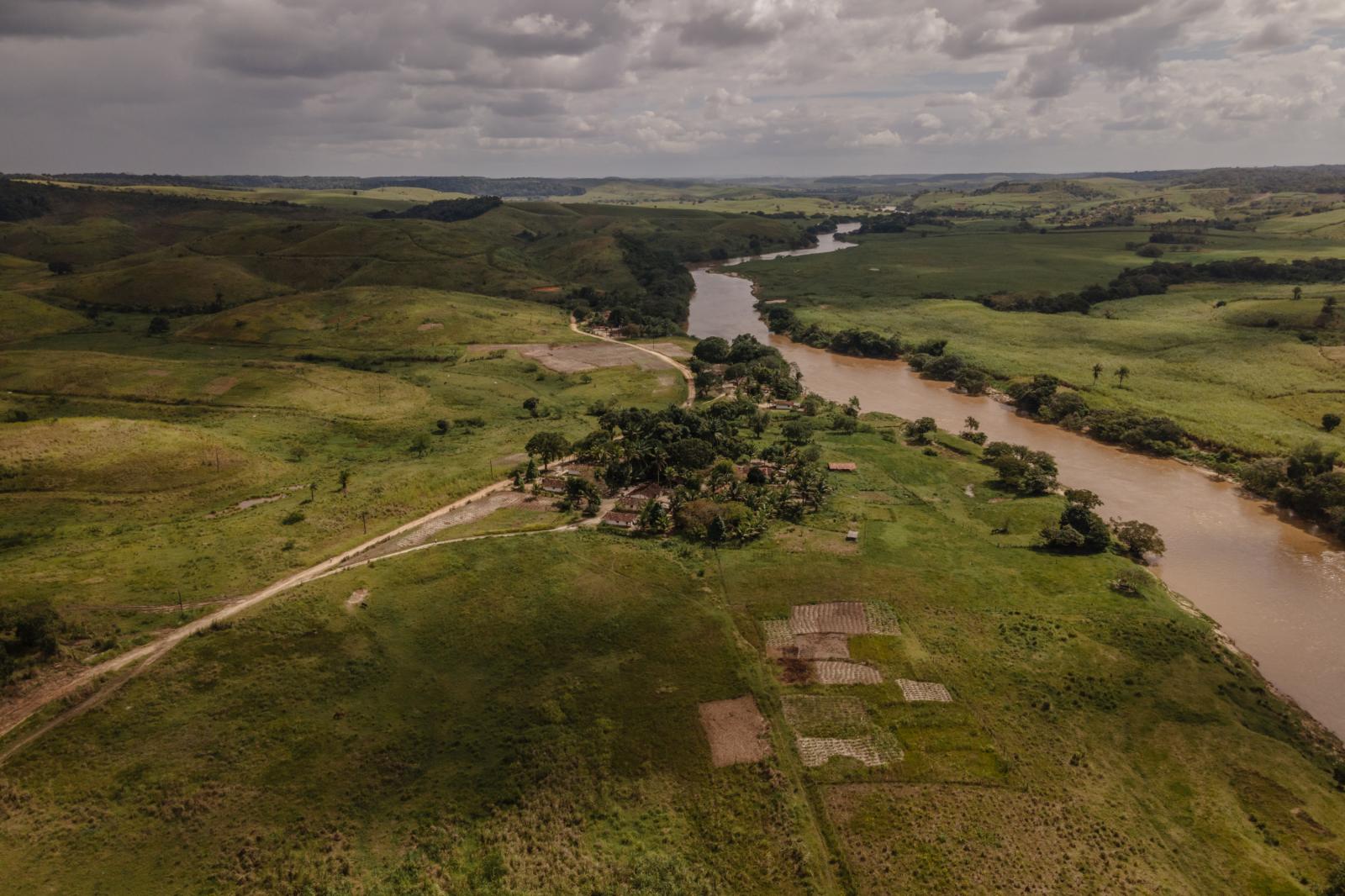Public Project
Population Faces Growing Hunger in Brazil Ahead of Elections
Summary
Work from Pernambuco, Brazil for a Bloomberg Businessweek feature on growing hunger in the country ahead of presidential elections in October. While Brazil is one of the world's largest agricultural producers and exporters, half of its population is currently facing food insecurity. Many communities are depending on the solidarity of organizations to feed their families. "Lula, the favorite against Bolsonaro, is promising to reverse rainforest-destroying policies and protect the climate. He’ll also have to keep the country from going hungry."
While Brazil is one of the largest agricultural producers and exporters in the world, half of the country's population currently faces food insecurity. In one year, the number of households facing hunger in the country jumped from 9% (19.1 million people) to 15.5% (33.1 million people) according to PENSSAN data, a reality that Bolsonaro has questioned or denied on several occasions. In Vila dos Milagres, outskirts of Recife, the leader Josileide da Silva, known as "Vinha", transformed her living room into a small community kitchen to prepare and distribute nearly one thousand lunches a week to families facing food insecurity in the neighborhood. Since the onset of the pandemic, many similar kitchens organized by the Landless Worker's Movement and other organizations are helping vulnerable communities throughout the state and country as Brazil has quickly slipped back into hunger.
Beyond the economic reasons tied to growing hunger, such as inflation, in Brazil the issues of access to land and public policies that support food security and family agriculture, which have suffered severe cuts since before the pandemic, are also relevant as family agriculture is responsible for the greater part of the food that makes it to the Brazilian population's plates. It was really moving to hear the stories of some of the rural settlements that we visited in Moreno, where family farmers like Waldemar have recovered areas that were once unproductive sugar cane plantations using agroforestry, and in Barreiros, where after decades of fighting for their land, the rural settlement Jonatas Lins de Oliveira finally won its rights to the land and to their own agriculture.
Pernambuco, August 2022.
1,894











